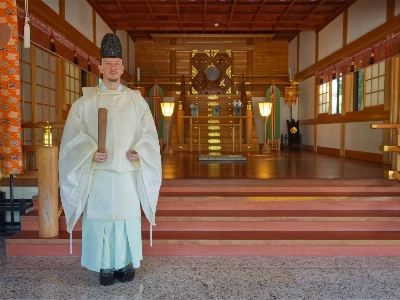I t has always been difficult to understand the thinking of the leadership in North Korea. The rhetorical blasts that Pyongyang unleashes against the United States, Japan and South Korea are usually balanced by sotto voce assurances that dialogue will continue. The schizophrenia has been especially pronounced in the last two weeks. But if North Korea's modus operandi is unchanged, the international environment is not: The world is no longer willing to be as tolerant of its behavior. Pyongyang's failure to recognize this fact could have disastrous consequences for the region.
Last week, North Korea abruptly canceled meetings with Mr. Chikara Sakaguchi, Japanese minister of health, labor and welfare, which were scheduled to be held over the weekend in Singapore. Those talks, the first ministerial level contact between the two countries since July 2000, were to discuss Japanese efforts to help more than 900 survivors of the U.S. atomic bombings of Hiroshima and Nagasaki who live in North Korea. Ironically, these humanitarian talks were allegedly canceled because Japanese delegates were going to bring up their own humanitarian issue: allegations that Japanese had been abducted by North Koreans.
Earlier this week, South Korea's special presidential envoy Lim Dong Won went to Pyongyang for three days of meetings, the first high-level meeting between the two Korean governments in five months. Mr. Lim delivered a letter from South Korean President Kim Dae Jung to North Korea's supreme leader, Mr. Kim Jong Il, urging the North to restore bilateral relations with the United States. Mr. Lim is also reported to have carried a U.S. proposal for Kim Jong Il to resume discussions with the U.S. over the North's weapons of mass destruction.


















With your current subscription plan you can comment on stories. However, before writing your first comment, please create a display name in the Profile section of your subscriber account page.